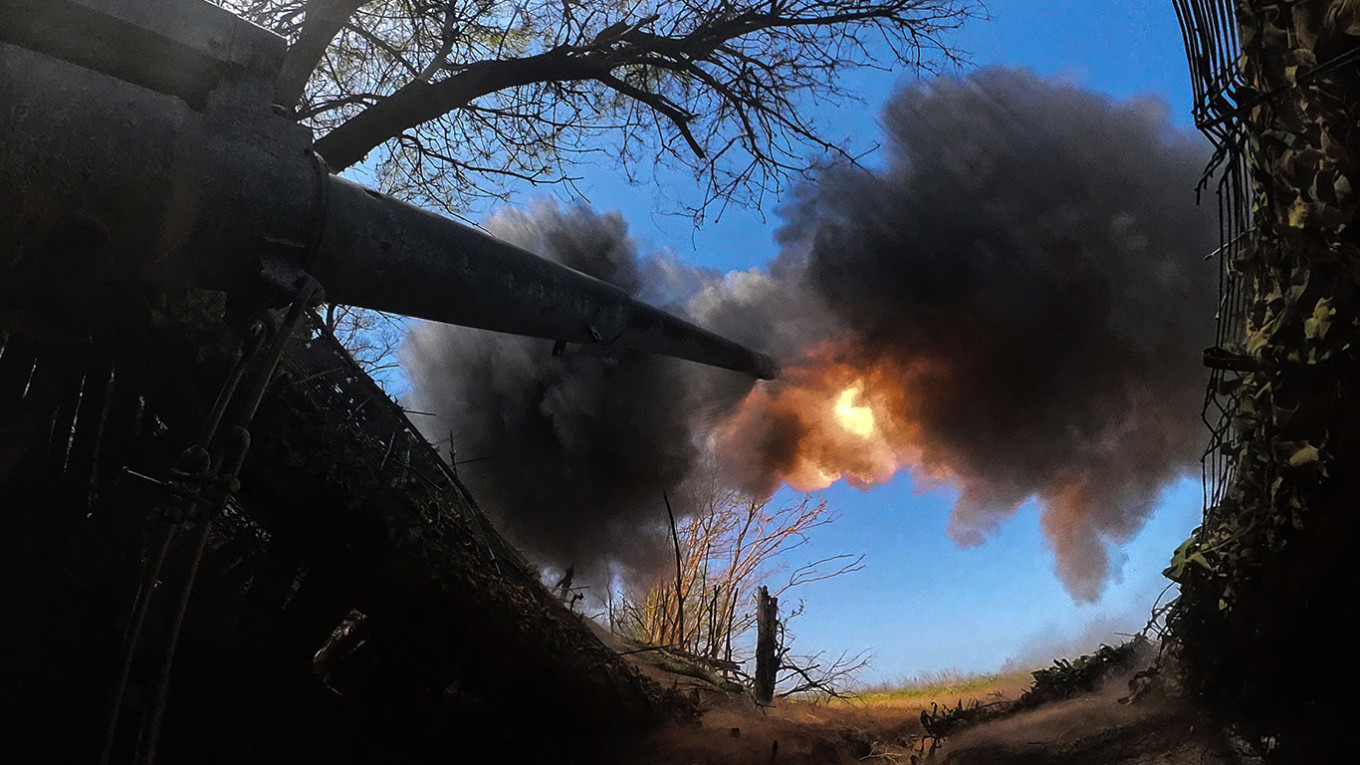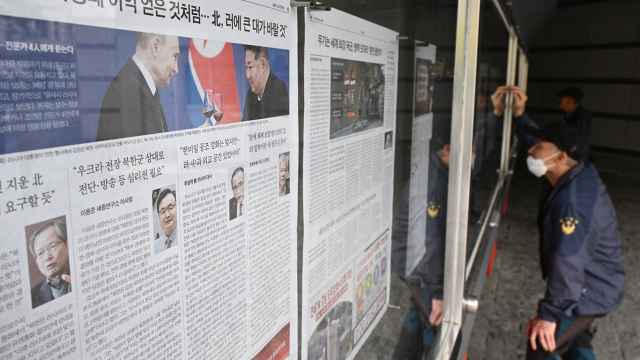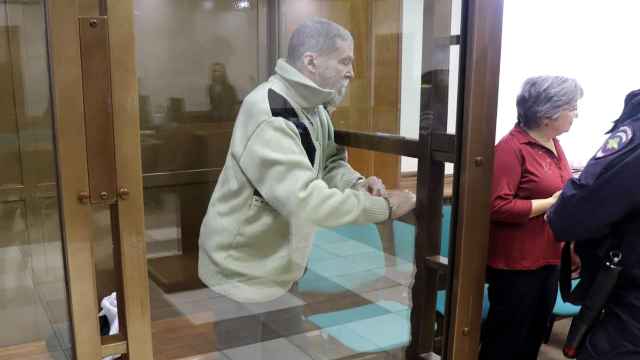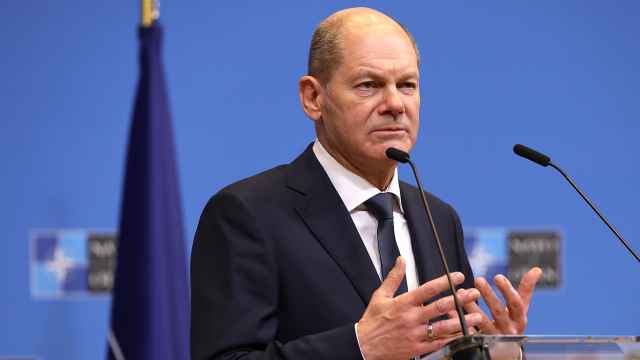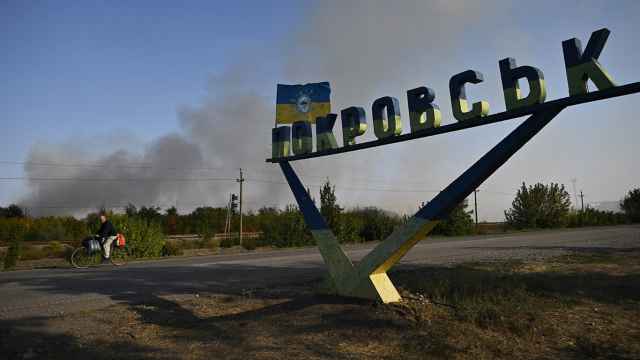The Kremlin on Tuesday dismissed Ukrainian President Volodymyr Zelensky’s call for a 30-day ceasefire, saying “nuances” raised earlier by Russia’s Vladimir Putin remain unresolved.
Zelensky criticized Putin’s unilateral announcement of a 72-hour ceasefire from May 8 to May 10 as “manipulation” and called for an immediate, monthlong truce instead.
“It’s difficult to agree to such a long-term truce without answers to the questions raised by Putin,” Kremlin spokesman Dmitry Peskov told reporters.
In March, Putin voiced concerns that a 30-day ceasefire, as proposed by the United States, would allow Ukrainian forces to regroup and rearm while slowing Russian advances on the front line.
Putin’s three-day truce covers the May 9 Victory Day holiday, which commemorates the Soviet Union’s defeat of Nazi Germany in World War II. A large military parade is scheduled to take place in Moscow’s Red Square, with several foreign leaders expected to attend.
Zelensky questioned the temporary ceasefire plan, saying, “We value people’s lives, not parades.”
The White House also said Monday that U.S. President Donald Trump supports a permanent ceasefire, rather than Putin’s “temporary” proposal.
Peskov accused Zelensky of avoiding a direct response to the proposed 72-hour pause in fighting.
“We haven’t heard the Kyiv regime’s reaction, and it’s unclear whether they plan to join the truce,” Peskov said.
“Nevertheless, we hope the Russian president’s peace initiative will be appreciated,” he added. “The first step is to start the negotiation process — everything else is secondary.”
U.S. Secretary of State Marco Rubio warned earlier that this week will be “critical” for peace talks, with Trump threatening to abandon his ceasefire push if no progress is made.
A Message from The Moscow Times:
Dear readers,
We are facing unprecedented challenges. Russia's Prosecutor General's Office has designated The Moscow Times as an "undesirable" organization, criminalizing our work and putting our staff at risk of prosecution. This follows our earlier unjust labeling as a "foreign agent."
These actions are direct attempts to silence independent journalism in Russia. The authorities claim our work "discredits the decisions of the Russian leadership." We see things differently: we strive to provide accurate, unbiased reporting on Russia.
We, the journalists of The Moscow Times, refuse to be silenced. But to continue our work, we need your help.
Your support, no matter how small, makes a world of difference. If you can, please support us monthly starting from just $2. It's quick to set up, and every contribution makes a significant impact.
By supporting The Moscow Times, you're defending open, independent journalism in the face of repression. Thank you for standing with us.
Remind me later.


